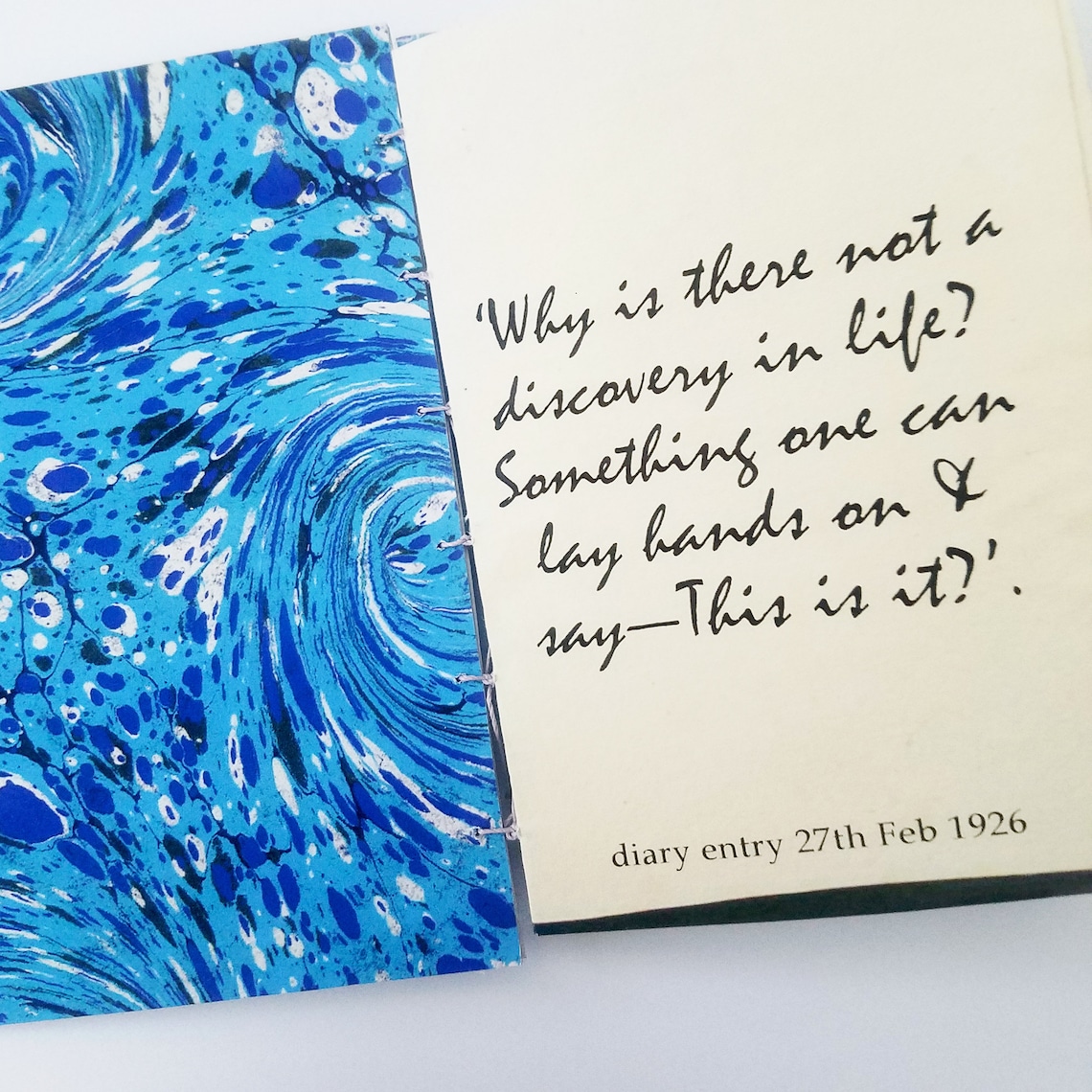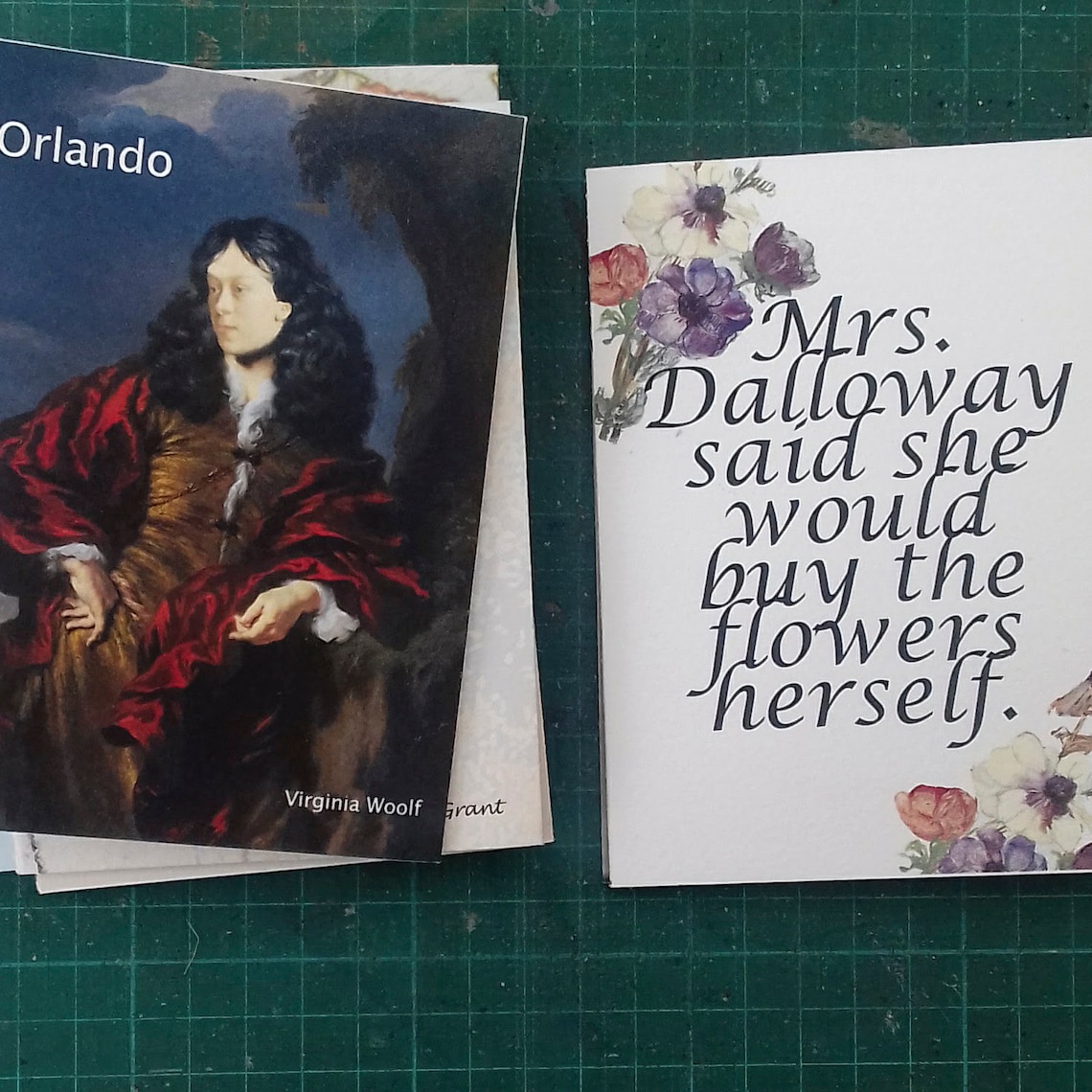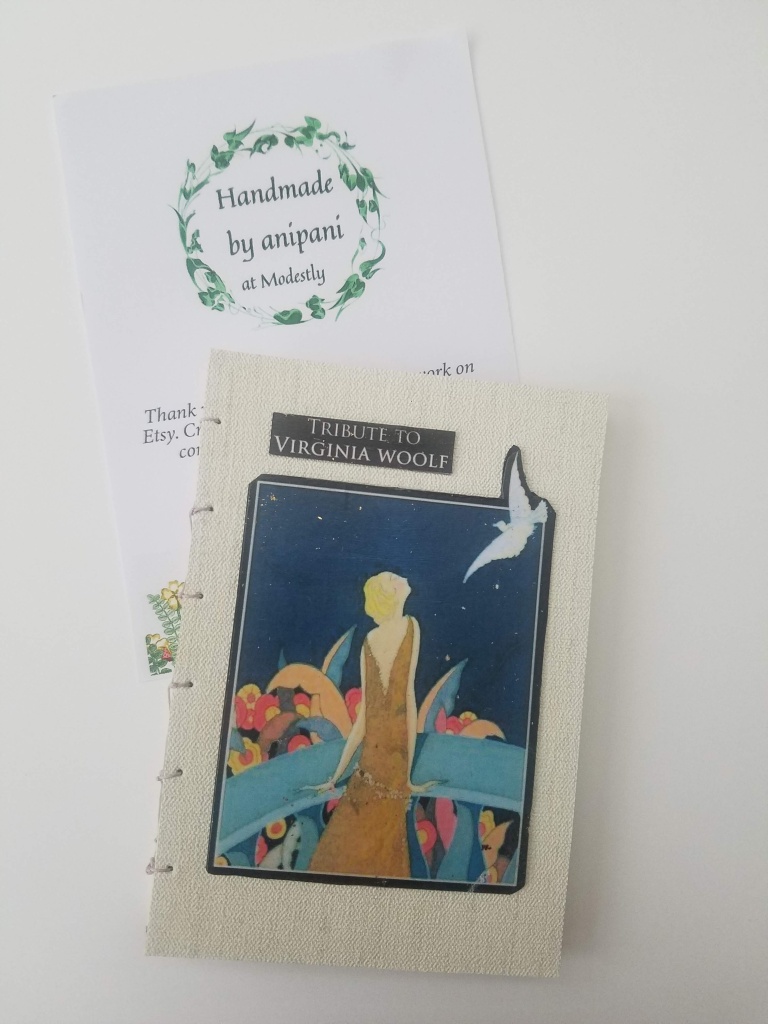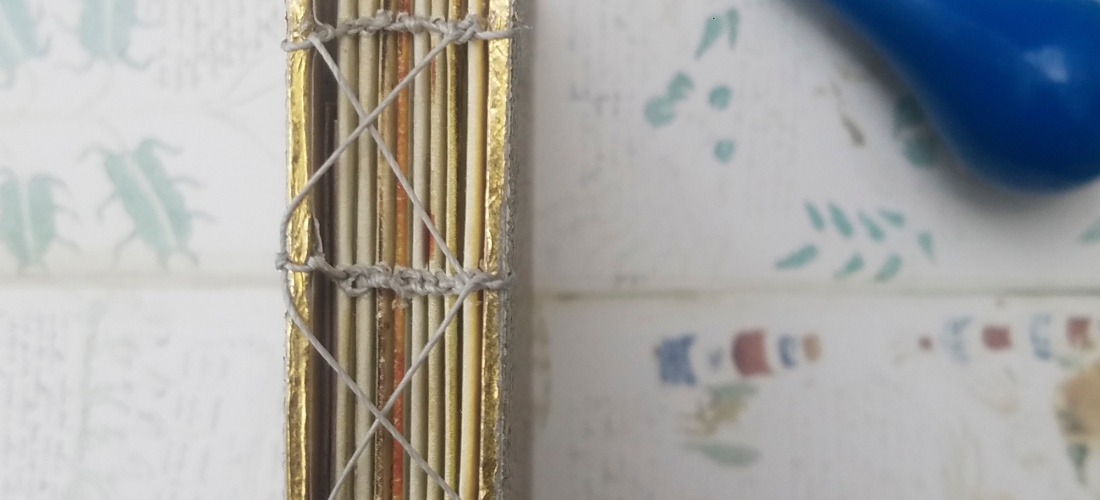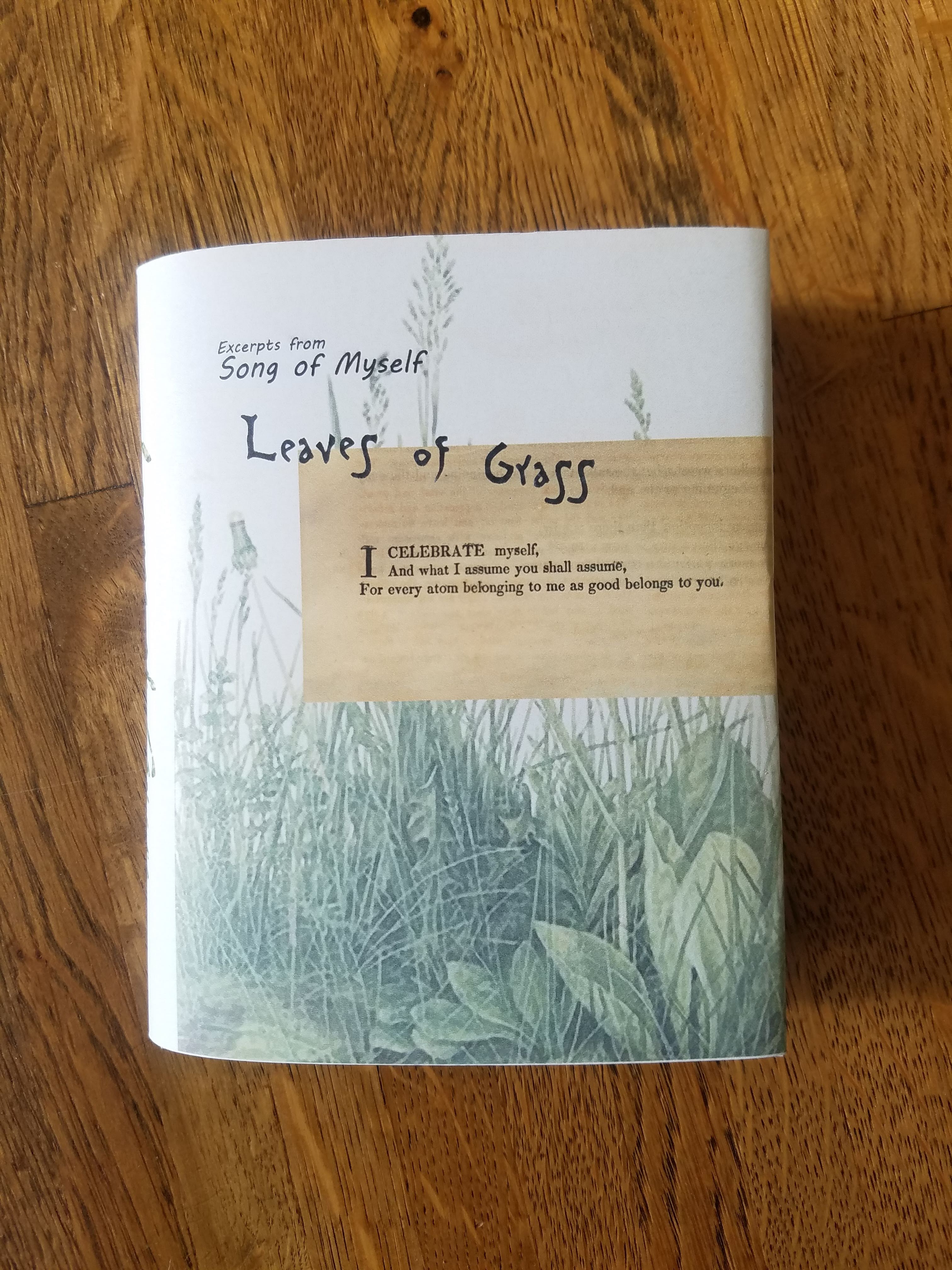
I am re reading this from 5 years ago, and it resonates still, and as it didn’t get much of an airing then, I am recycling it for another go! I came to it after reading an interesting article that made comparisons between some of the things written by Shakespeare with some of the Meditations by Marcus Aurelius. It fascinates me that today we are still turning to the wisdom of some human beings long gone, who lived very different lives , with very similar experience of being human.
I woke up this morning late, again, after another disturbed night. I woke up perturbed by a question I know is unanswerable, that thinkers far more erudite than I have asked themselves since time began and woefully have failed to satisfy themselves. What for? Why do we live the life we do? A few weeks ago my eldest shared with me one of his thoughts that bothered him, about how he understood we were on a continuum of development with the animal world in terms of consciousness, but how he was grappling with the idea that that continuum of consciousness could be shared with robots in the future. He wanted to know what separated us not from the animal world, as had bothered our predecessors, but what made us special and distinct from the new explosion of robot intelligence that is at its genesis. Naturally I don’t have any answers at my fingertips, but his speculation mirrors my own curiosity about our place in the universe. I had read enough about Leo Tolstoy to recognise his deep angst over a related query – what are we? Tolstoy is well known and revered for his literary novels, and the breadth of human experience he brings to them. He was dismissive of my hero Shakespeare , which upset me a little. Tolstoy was well educated, lived a comfortable life, had worldly success in his lifetime, married successfully, had children he loved , in short he had everything most people could aspire to. Then he had a crisis. Possibly we would call it a breakdown now, in a world that patholigises everything. In his ‘Confessions’ he relates his life story and how he continued to seek meaning from his existence, and how he could not find it. This is from a celebrated thinker who had people hanging onto his words,
“I felt that what I had been standing on had collapsed and that I had nothing left under my feet. What I had lived on no longer existed, and there was nothing left.” Chapter iii…..
………..“My life came to a standstill. I could breathe, eat, drink, and sleep, and I could not help doing these things; but there was no life, for there were no wishes the fulfillment of which I could consider reasonable. If I desired anything, I knew in advance that whether I satisfied my desire or not, nothing would come of it. Had a fairy come and offered to fulfill my desires I should not have know what to ask. If in moments of intoxication I felt something which, though not a wish, was a habit left by former wishes, in sober moments I knew this to be a delusion and that there was really nothing to wish for. I could not even wish to know the truth, for I guessed of what it consisted. The truth was that life is meaningless. I had as it were lived, lived, and walked, walked, till I had come to a precipice and saw clearly that there was nothing ahead of me but destruction. It was impossible to stop, impossible to go back, and impossible to close my eyes or avoid seeing that there was nothing ahead but suffering and real death – complete annihilation.” Chapter iv
In an attempt to master his demons, he investigates the contemporary worlds of science, philosophy, eastern wisdom and his fellow ‘men of letters’, but is unable to find any answers meaningful to him. In an attempt to survive he has to abandon his rational scepticism and disgust for the superstitions that enveloped the orthodox Russian Christianity and find some sort of peace in the convictions of the ordinary citizens who practised their faith . He recognises that he still has doubt, but accepts the living truth of ordinary men and women toiling throughout their lives and carrying with them the hope that faith offers.
“That there is truth in the teaching is to me indubitable, but it is also certain that there is falsehood in it, and I must find what is true and what is false, and must disentangle the one from the other. I am setting to work upon this task. What of falsehood I have found in the teaching and what I have found of truth, and to what conclusions I came, will form the following parts of this work, which if it be worth it and if anyone wants it, will probably some day be printed somewhere.”
Tolstoy was an old man when he died, and he chose to die away from his home after deciding that it was his duty to live among the citizens and away from his comforts of home and family. When he chose to find meaning within the boundaries of Russian Christianity , it led to a schism with his old way of life, he renounced his claim on his ancestral estate and broke off his relationships with the family. His main supporter during these final years was Vladimir Chertkov, a wealthy army officer whom the family called ‘The Devil’. Chertkov was with Tolstoy on his final journey, and as Tolstoy was dying of pneumonia he ‘’ remembered Tolstoy’s conception of human life, namely, that man is a manifestation of the spirit of God temporarily imprisoned within the confines of his individual existence and seeking to break out and merge with the souls of others and with God. And I felt with especial force that life, understood in this way, was a blessing, that was absolutely inviolate. In short, death was no more.’
Tolstoy is a fascinating man, containing paradoxes that emphasize his humanity. He never shrugged off the deep anxiety that he was not worthy enough, and this drive to improve his understanding of himself and the world propelled him to become great in the eyes of many of his fellow Russians and beyond that, befriending and influencing Mahatma Gandhi, impressed by Tolstoys stance on non-violent resistance.
That Tolstoy renounced his rational side to reclaim his understanding of the meaning in life, and to embrace the idea of a God, a universal spirit manifested in man raises the possibility in myself that I am ignoring perhaps the central concern. Perhaps I am looking in the wrong place for meaning, and like Tolstoy need to explore the avenues of mysticism to find meaning. The rational part of me shouts so loud, but I know too there is a voice somewhere deep inside that recognises mystery and the unknowable.
‘The truth is that Tolstoy, with his immense genius, with his colossal faith, with his vast fearlessness and vast knowledge of life, is deficient in one faculty and one faculty alone. He is not a mystic: and therefore he has a tendency to go mad. Men talk of the extravagances and frenzies that have been produced by mysticism: they are a mere drop in the bucket.In the main, and from the beginning of time, mysticisn has kept men sane. The thing that has driven them mad was logic. It is significant that, with all that has been said about the excitability of poets, only one English poet ever went mad, and he went mad from a logical system of theology. He was Cowper, and his poetry retarded his insanity for many years. So poetry, in which Tolstoy is deficient, has always been a tonic and sanative thing. The only thing that has kept the race of men from the mad extremes of the convent and the pirate-galley, the night-club and the lethal chamber, has been mysticism-the belief that logic is misleading, and that things are not what they seem.’
G. K Chesterton
What really provoked me into researching Tolstoy was this mornings unease on waking. I was thinking about how ordinary men live, in contrast to some extraordinary men. Is it easier to live with extraordinary talent or wealth or status ? Or more likely to derive a meaningful life from living an ordinary experience? It appears that wealth and status are no more likely to fulfil than being a baker, or a taxman, or a thief even. Alexander the Great had conquered half the Hellenistic world when he was in his twenties. Still died in a brawl with a mate. It’s all strange. I am going to leave you with this thought from an interview with Irvin D Yalom, the psychotherapist and novelist. Don’t know why, but it makes sense to me.
I find the idea of dying, of not existing for the next 5 billion years and beyond, chilling. It takes my breath away. Can you offer any comfort?
Well, did the last 5 billion years bother you? I mean, it seems to me that what happens after we die is not really the problem. It is a kind of peace. The challenge for us is how we live
between now and then, whether we have the courage to stop denying it and use our anxieties to live more authentic, meaning-filled and purposeful lives. – Irvine Yalom
That sounds simple, but it isn’t. I really isn’t. The paradox we live with every day of our lives is that we probably know how we can improve our own lives, but choose to perform duties and responsibilities in ways that are in conflict with that desire. We really don’t have infinite time to work out how we want to live our own lives. We have to make those choices today. Just saying.
People usually think that progress consists in the increase of knowledge, in the improvement of life, but that isn’t so
Progress consists only in the greater clarification of answers to the basic questions of life. The truth is always accessible to a man. It can’t be otherwise, because a man’s soul is a divine spark, the truth itself. It’s only a matter of removing from this divine spark (the truth) everything that obscures it. Progress consists, not in the increase of truth, but in freeing it from its wrappings. The truth is obtained like gold, not by letting it grow bigger, but by washing off from it everything that isn’t gold.
- Tolstoy’s Diaries (1985) edited and translated by R. F. Christian. London: Athlone Press, Vol 2, p. 512.
References
http://www.online-literature.com/tolstoy/ Biography.
http://www.linguadex.com/tolstoy/ The last days of Tolstoy
http://www.yalom.com/
http://en.wikisource.org/wiki/A_Confession The full work online.
